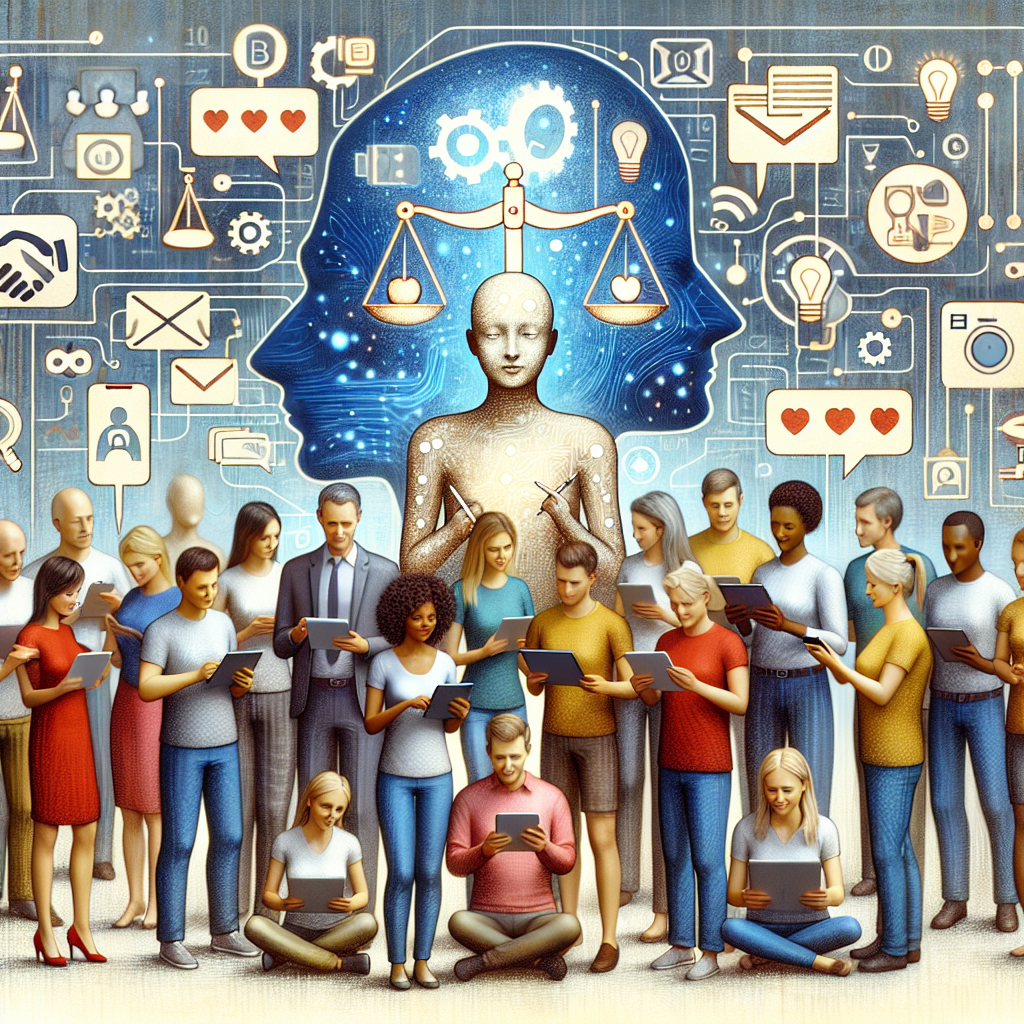The recently published report by NITI Aayog, India’s premier policy think tank, highlights the significant potential impact of artificial intelligence (AI) on the country’s economy, projecting an addition of $500-$600 billion to India’s Gross Domestic Product (GDP) by 2035. This development reflects a growing recognition of AI’s role in enhancing economic productivity and innovation across diverse sectors.
According to the analysis featured in “Increased AI adoption can add $500-600 billion to GDP by 2035: NITI Report,” as published on Startup News FYI, the use of AI technologies could lead to an increase in GDP growth ranging from 1.3% to 2.5% annually. This substantial uplift in GDP is anticipated through AI’s integration into industries such as agriculture, healthcare, education, and manufacturing, where efficiency gains and automated processes can significantly lower costs and improve output quality.
The report delves into AI’s transformative potential in agriculture by improving yields through predictive analytics for pest attacks and crop diseases. In healthcare, AI-driven tools can enhance diagnostic accuracy and patient care management, potentially revolutionizing treatment approaches. The educational sector could witness personalized learning pathways that adapt to individual student needs, thereby potentially addressing the prevalent issue of uneven educational quality across regions.
Furthermore, the NITI Aayog report outlines the creation of high-skilled employment opportunities as a result of increased AI integration. However, it also warns of the disruptive impact on traditional jobs, recommending proactive policy interventions to manage the transition for affected workers, including retraining and upskilling initiatives.
The think tank’s findings emphasize not only the extensive benefits AI promises but also the critical role of infrastructure development, regulatory frameworks, and ethical guidelines in achieving these benefits. A cohesive AI strategy, aligned with global technological standards and inclusive of strong privacy protections, is deemed essential for realizing the technology’s full potential without exacerbating existing digital divides.
While the report paints an optimistic future for AI in bolstering India’s economic stature, concerns surrounding data privacy, security, and the ethical use of AI need to be addressed comprehensively to mitigate risks associated with widespread AI deployment. These involve ensuring that AI systems are transparent, accountable, and more importantly, attuned to the socio-economic realities of different population segments in India.
As India stands on the cusp of a technological revolution with AI at its helm, the stakes are high, and the path is fraught with both unprecedented opportunities and formidable challenges. Advancing toward a digitally empowered economy, the country’s policy makers, industry leaders, and the tech community must collaborate closely to steer the AI discourse towards equitable and sustainable national growth.



